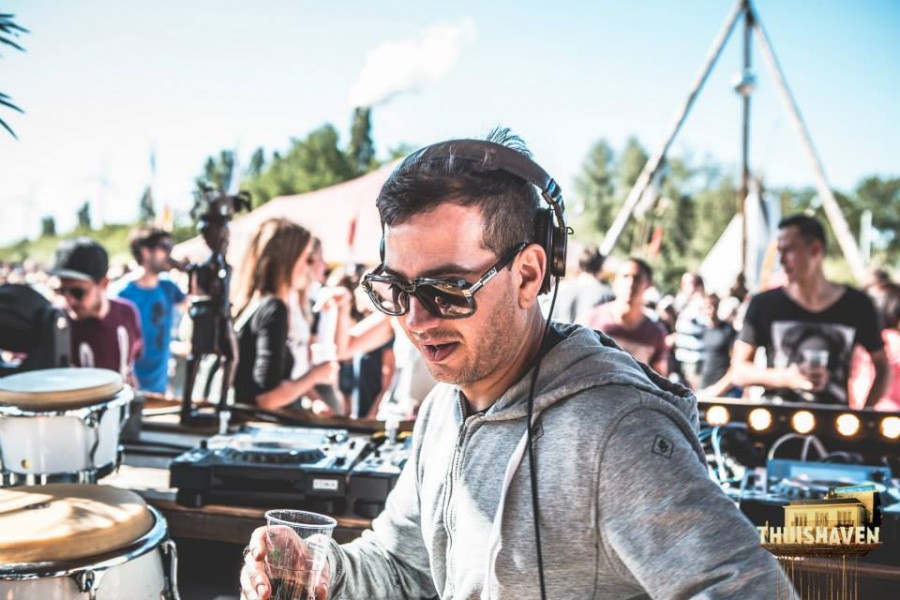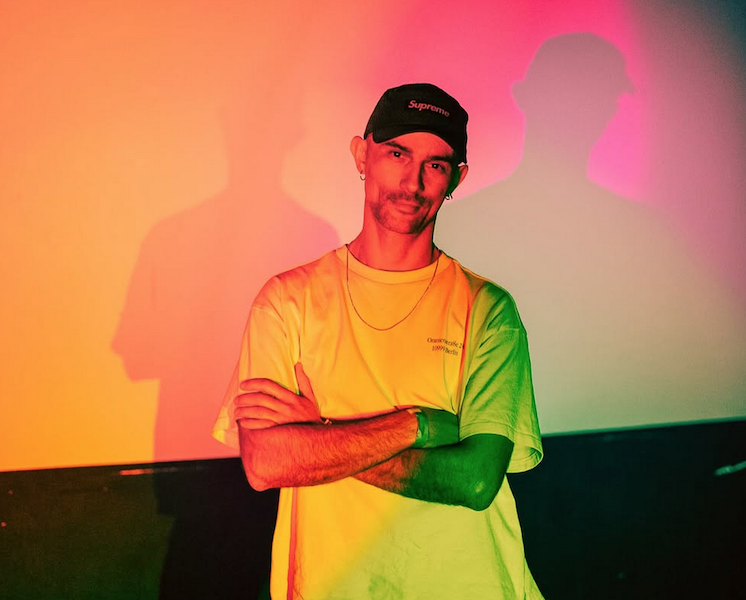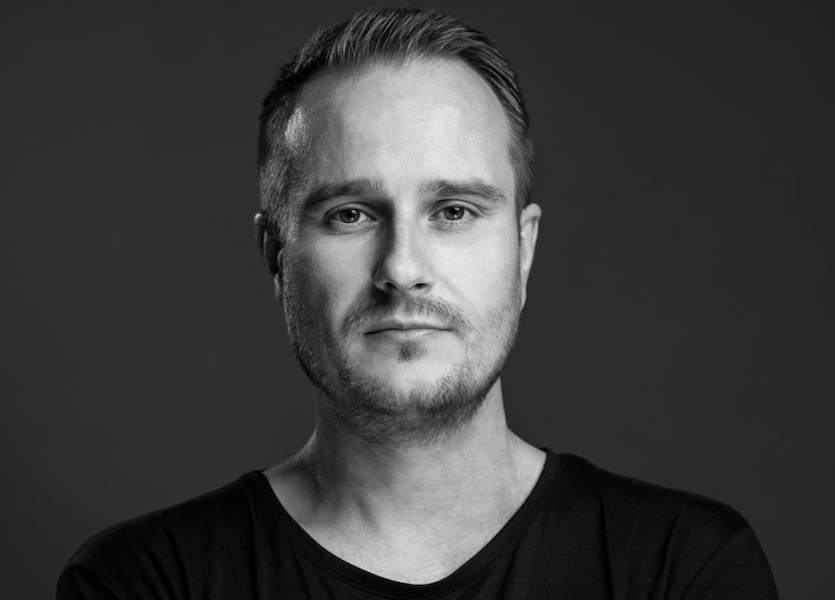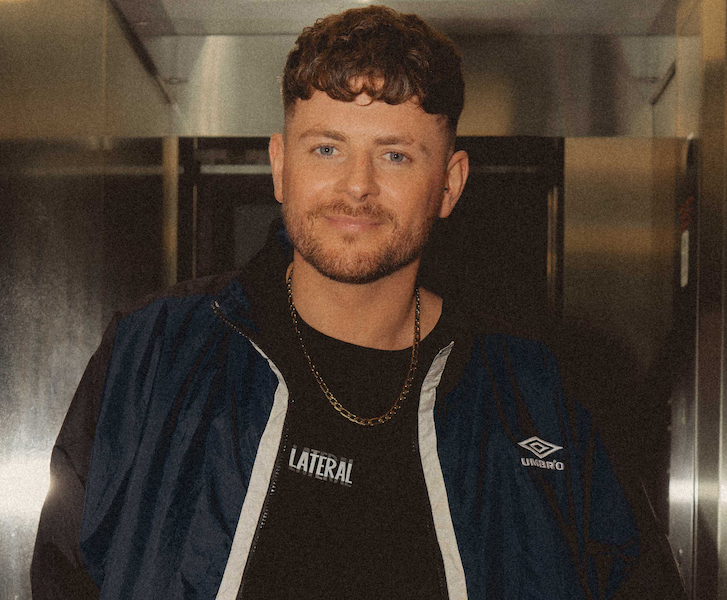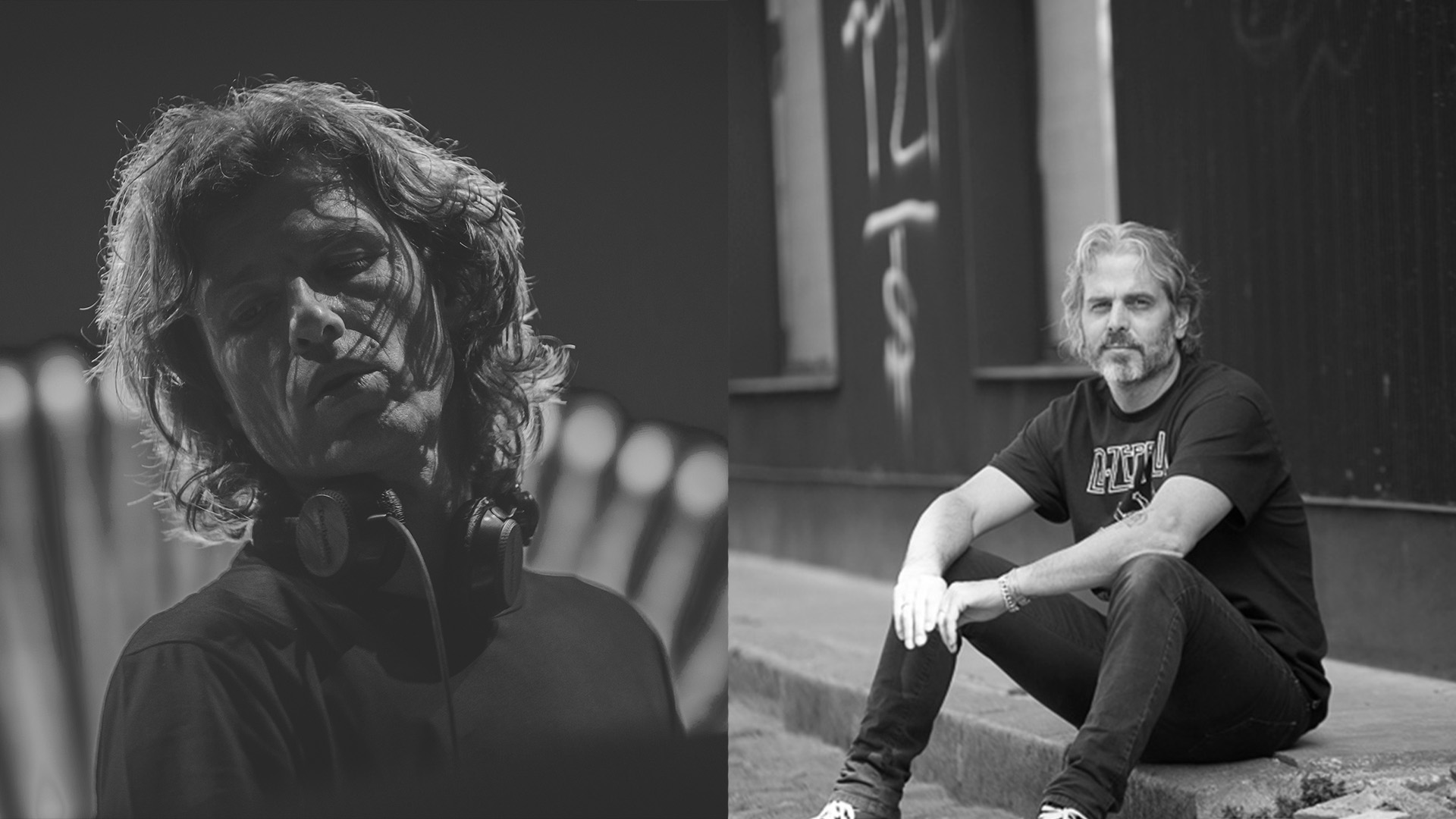For a man whose major influence is a legend of the hip hop scene, Phil Weeks sure knows how to channel that into making some rather good house music. Those who have followed him over the years will understand the man’s influences – in his ‘Underground Chronicles’ series on Youtube and several videos on Facebook, he gives us a deep insight into this production techniques. An absolute advocate of the old school methods, he remains admirably far from the new generic house sound that has swept dancefloors and radiowaves over the last five years or so. I sat down to chat with the man about his new album, label and his love of hip hop.
While most can appreciate the marvellous work of the late, great J Dilla, Phil Weeks seems truly in awe of it. Indeed, he cites him at his biggest influence (a curious admission from a man who has made house music for 20 years); “when I talk about sampling music, he’s the only one that I am really impressed by – I know everything about his music. I still listen to his music… sometimes I know the sample that he’s used and I’m like ‘what the fuck!’. He used the same MPC3000 as me and, I’m like ‘how did he do that?!’… he was pretty much a genius.”
Sampling is an art in itself (indeed, Phil released a 2013 EP titled ‘The Art of Sampling’), but it was of course initially perpetuated and made famous by those in the hip hop scene. Phil’s transfer of these techniques to house is somewhat reminiscent of the stories of house pioneer Todd Terry, who was indeed a hip hop DJ before he began making house beats. Much like Terry, it’s not difficult for Phil to transfer these skills and techniques, as he explains “that’s the easiest part for me. I’ve been doing this for 20 years, so I know house music. It’s pretty easy for me to take from hip hop and adapt it for club music. I know what sounds good in a club. I take my inspiration and use what I’ve learned over the years… for me, it’s not a big deal to adapt.” The beauty of his sampling is that it’s a far cry from the tired, overused samples of ‘house music’ today; “I listen to music all the time, so going into the studio, I already know what I’m going to sample.” The fluidity and originality with which he integrates these samples with the classic 909 kicks, claps, snares and hats is something to be admired.
For those curious about how he maintains such the classic, old school warm sound to his productions, Phil directs them to his studio; “I have the typical studio of the 90s. I don’t sequence with the computer, I only use it to cut a sample so I can be very precise.” A far cry from many of today’s producers who do everything from mastering to sound design ‘in the box’. He continues, “I don’t have to use any effort to make my stuff sound old school, because the machines I use are from back in the day. No matter what I use or make, it’s going to sound old school!”. He defines the producer’s producer when it comes to these sounds.
This same warm, old school sound can be heard on Phil’s fourth artist album, to be released next month. He shyly explains the concept behind the ‘Pimpin’ Ain’t Easy’ name; “The story of this one, it’s funny – so the album title was a…” he trails off, “how can I say this without sounding too pretentious?” he chuckles. “Basically, the idea of making this album came from a message on my phone, where the girl was like ‘I love your music, I love when you play, can I meet your at your hotel room, can you play me some private music’ – shit like this!”. It sounds farfetched, but Yasmin, whose voice features on the album in a recreation of this phone call on the track ‘My Music’, is actually the girl who made the phone call. It’s a prime example of the great sense of humour of the man, and this is something that he wants to showcase. “My goal is to give pleasure to people who listen to my album. They’re going to listen to the album and get a look into my world… I want people to smile and laugh when they listen to my album, and they’ll understand that I want to entertain”. Given Phil’s personal output, as well as the output of his label, Robsoul Recordings, over the last number of years, this album is something that is worth looking forward to.
On the subject of his label, I was curious about his A&R process of selecting artists to feature. “For me, it’s all about enjoyment” he explains, “but the thing that will make me consider signing a track is the sound quality… some people do everything on the computer on my label, but they are so good that it has that old school sound”. It’s not all about sound quality though. Phil is very conscious that his signees know the history of the genre; “I will not sign a guy who has only discovered house music a year ago, because he won’t be ready for it, even if he’s really talented. You need to know the culture of the music.” Back on the subjects of sampling, Phil holds originality high in his list of factors; “if I know all the samples that he’s using, then it doesn’t excite me.” Evidently, consistent with his love of Dilla and his own productions, Weeks is a stickler for original material and creativity in all facets of his musical projects.
One can also draw some comparisons with Robsoul and another seminal Parisian house label My Love is Underground. From an outsider’s perspective, it seems as if that classic house sound is thriving in Paris at the moment, but Phil believes underground dance music as a whole is going strong; “in Paris, we’ve got a new scene coming up, where people like both techno and house, which I like, because that was the way when I started… there was no difference between the house and techno guys. It’s starting to be like this again in Paris. Some people love me, but they love Jeff Mills too.” It’s refreshing to hear, as the recent divides in the ‘deep’ house scene, the tech house scene and the techno scene were becoming rather tiresome. “At the moment we have an amazing scene in Paris,” he continues, “the quality of the music is very high… honestly, Paris wasn’t so good around 5 years ago. But now, I’d put Paris ahead of London or Berlin.” It’s a big statement, but there’s certainly been a shift in the scene. Clubs like Rex Club and Concrete are packed every weekend, and local parties and labels are thriving. Phil muses “The kids, they care about what you play, they don’t just come to get fucked up… they talk about the music after the show, they buy the records. But, you know, everything is a cycle. For now, Paris is amazing, but I can’t promise you it’ll be amazing in 5 years.” The man knows that he’s talking about, and has been around long enough to see it happen. Our Dublin readers will recognise this, where the scene has been at a peak for the past 18 months or so, with huge international acts vying for crowds every weekend of the year. Who knows where the cycle will take us in 5 years.
One thing that struck me while talking to Phil, in all of his experience, is his absolute passion for the music. It’s admirable that a man who has been in the scene as long as Weeks still has the same passion, the same consistency, and the same work ethic. From the taster we’ve had of his album, and from his productions over the last few years, we’re looking forward to hearing a lot more from this man in the future.
Phil Weeks’ “Pimpin’ Ain’t Easy” comes out on Robsoul Recordings on October 23rd on digital and vinyl.
Follow Phil: Facebook // Twitter // Soundcloud
Words by David Gray

